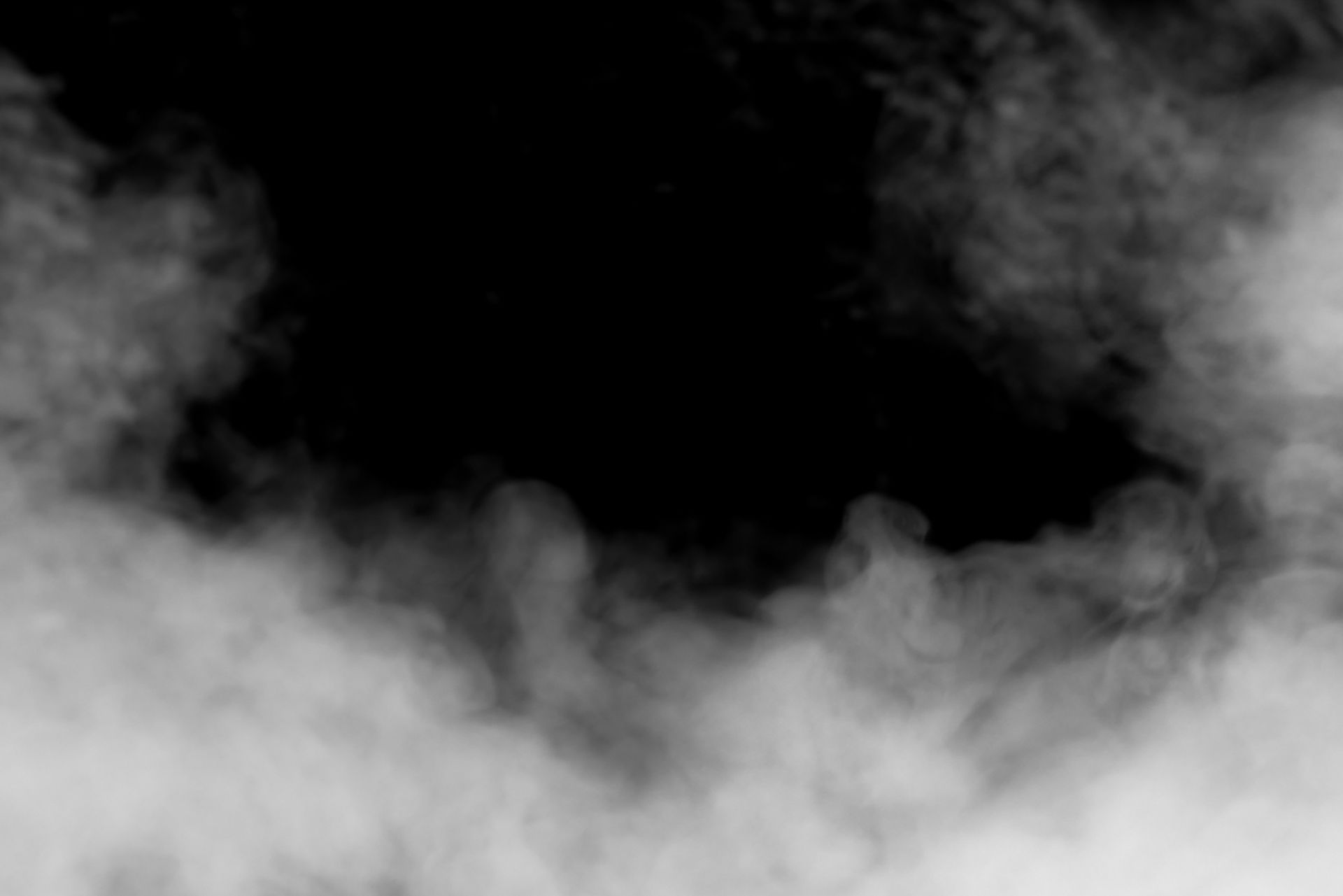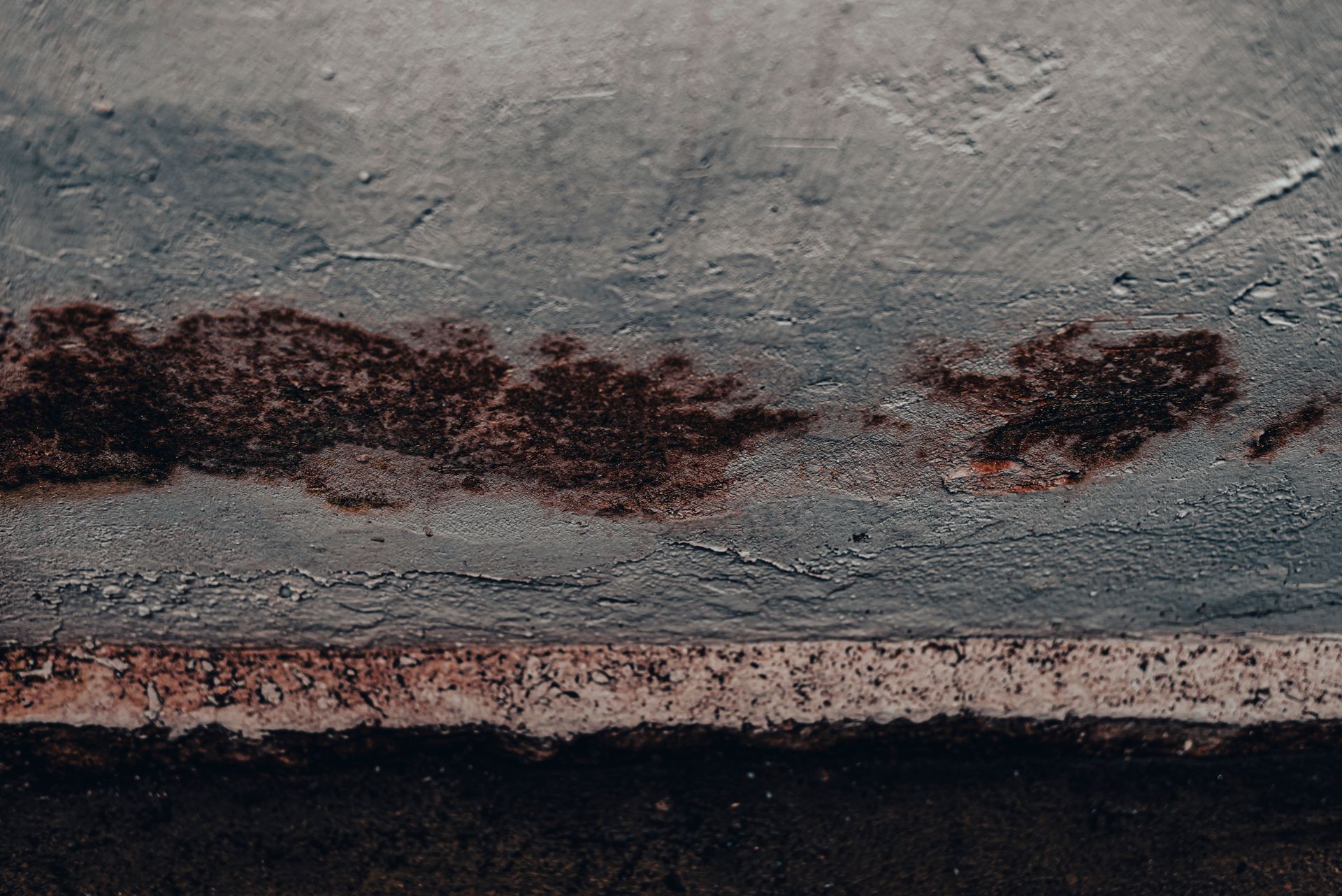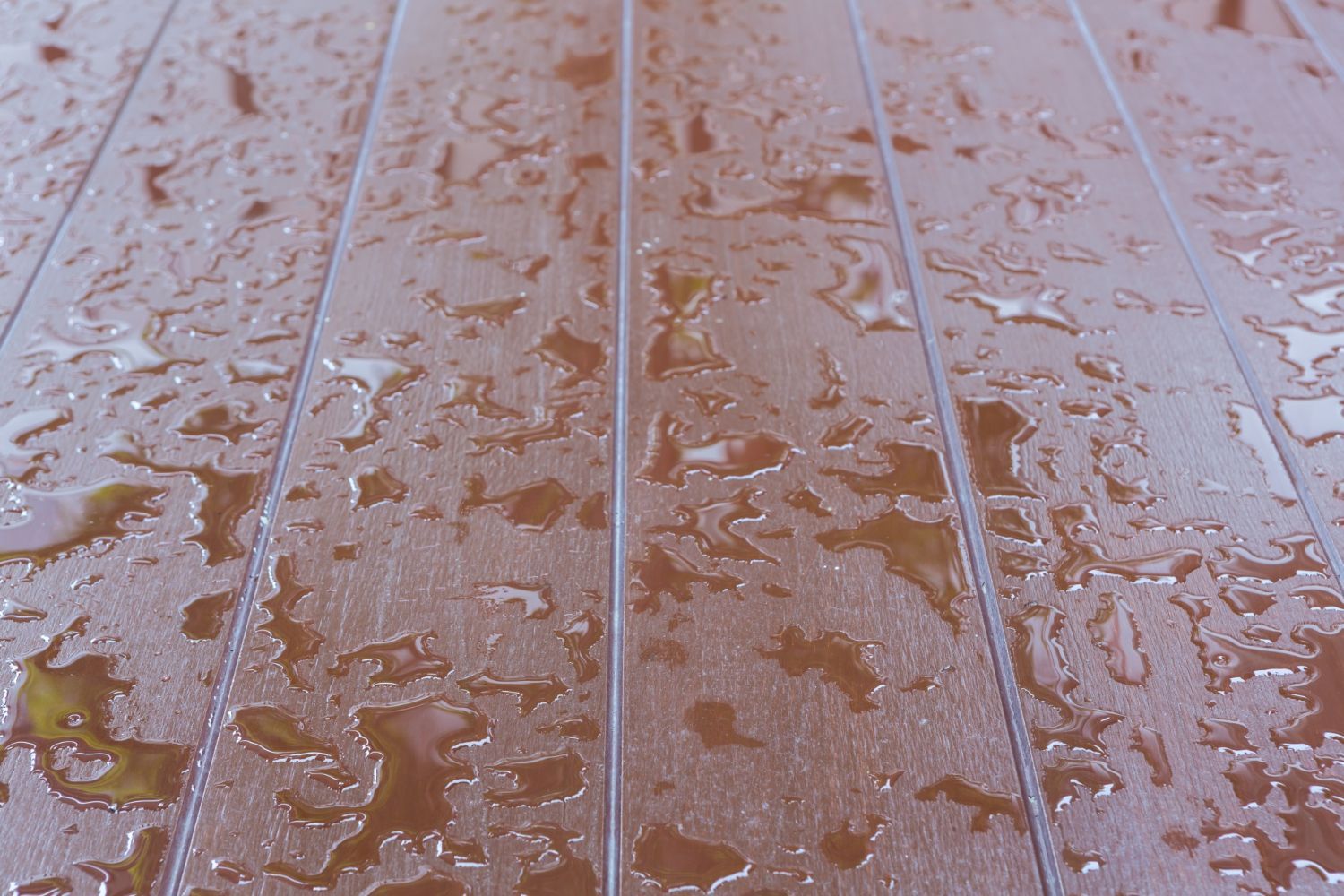Why Mold Smells and What it Means for Your Home
Why Mold Smells and What it Means for Your Home -Houston, TX

Mold. The very word conjures images of dark, damp corners and a distinctive, unpleasant odor. But have you ever wondered why mold smells? It turns out, the unpleasant aroma isn't just a coincidence – it's a survival strategy for these tiny organisms.
Not the Mold Itself, But What it Produces
First, it's important to understand that mold itself doesn't actually have a smell. The culprit behind that musty odor is a group of chemicals called microbial volatile organic compounds (mVOCs). As mold grows and reproduces, it releases these mVOCs into the air.
Why Do Molds Produce These Smelly Compounds?
There are two main reasons why molds produce mVOCs:
- Defense Mechanism: Some mVOCs act as a defense mechanism against predators like bacteria and other fungi. The strong odors can deter these organisms from competing with the mold for resources.
- Communication: MVOCs can also act as a communication tool between mold spores. Certain mVOCs can signal to other mold spores that a suitable environment for growth has been found, encouraging them to germinate and join the colony.
Different Molds, Different Smells
The specific odor you perceive can vary depending on the type of mold present. Some common mold smells include:
- Musty: This is the most common mold odor, often described as similar to damp earth or wet socks.
- Earthy: Some molds can produce a more earthy or mushroom-like smell.
- Ammonia-like: A strong ammonia odor can indicate the presence of certain dangerous black molds.
The Smell as a Warning Sign
The presence of a musty odor in your home can be a warning sign of mold growth. While not all mold smells are dangerous, it's never a good idea to ignore them. Mold exposure can irritate the respiratory system and cause allergic reactions in some people.
What to Do if You Smell Mold
If you detect a musty odor in your home, here are some steps to take:
- Identify the Source: Try to locate the source of the odor. Look for visible signs of mold growth, such as discoloration or fuzzy patches on walls, ceilings, or furniture.
- Increase Ventilation: Open windows and doors to improve air circulation and dilute the mold spores in the air.
- Consider Professional Help: For extensive mold growth or persistent odors, consult a professional mold remediation company. They can safely remove the mold and address the underlying moisture problem that allowed it to grow.
By understanding why mold smells and what it means for your home, you can take proactive steps to identify and address potential mold problems. Remember, a musty odor is a call to action – don't let it become a bigger problem down the line! Give Restoration 1 of Central Houston a call to help with mold removal.

Restoration 1 of Central Houston
1614 W 22nd st, UNIT C, Houston, TX 77008










